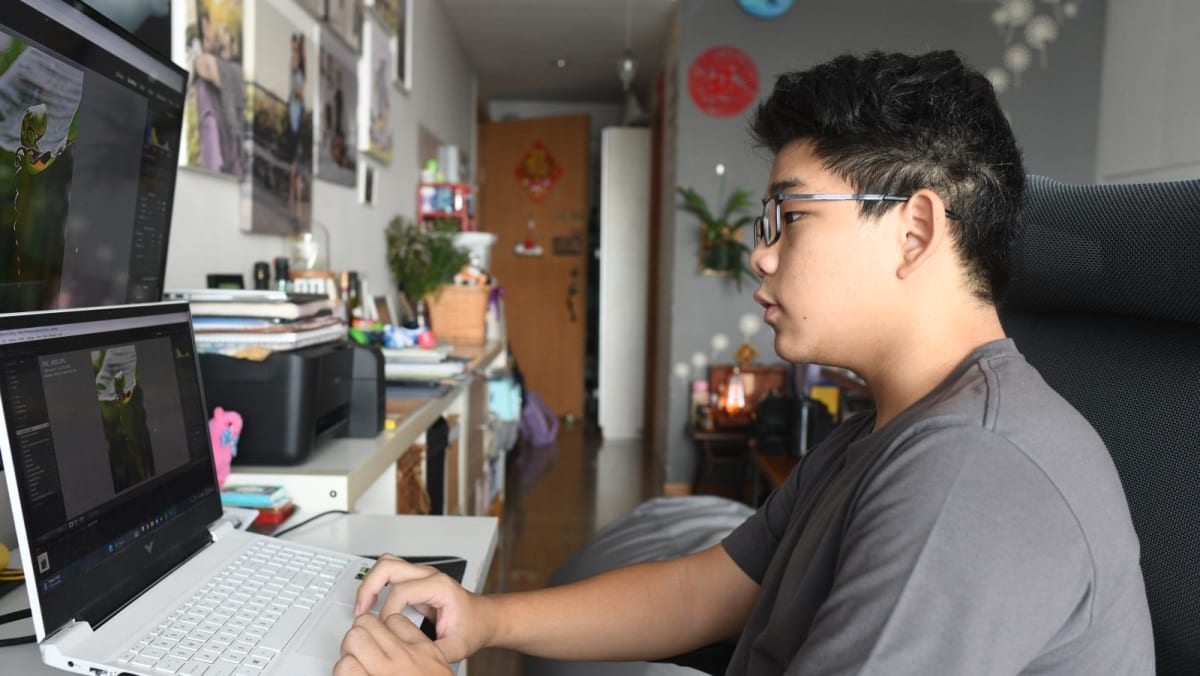SOMETHING TO BE PROUD OF
What I heard in my interviews made me reflect on what I experienced after I was told I was gifted.
After Primary 6, I got into my first choice of secondary school and sat on the through train to junior college. There, I got into another selective academic programme. That was when things started to go off script, after I left the official bounds of the GEP.
The lead-up to the A-Levels was when I realised how difficult consistent effort had become for me.
I recognised Mr Yee’s fear of trying and the ensuing avoidance, for when I was in junior college, I spent my time doing anything but preparing for the exams.
I still made it to university, at which point I realised I had been relying on membership in exclusive programmes to prop up my self-esteem for years.
It took me even longer to strip this down and see that I based too much of my identity on how intelligent I seemed to others.
There were many factors that contributed to this. But as a young person, I think I would have benefited from hearing that I was a “complete person” with more than academic talents, and getting support with difficult emotions.
I was not alone in gaining more clarity years after my time in school.
After Mr Yee was asked to leave the GEP, he sometimes thought about ending his life. Lacking people to confide in, he credits screamo music with helping him cope with pent-up emotions.
He was allowed to stay on at his secondary school in a non-GEP class. However, as his parents could not afford the fees, he had to transfer to another school.
At this new school, not much changed for him academically. But emotionally, he experienced “a very drastic change” as he finally found people he could connect with. His teachers were encouraging and receptive to his questions.
“Every time I wanted to have certain debates with them, they would engage me, which was nice.”
Although he was a transfer student, his classmates made efforts to include him, and he made good friends.
He graduated from junior college with grades fit for a private university. After national service, he started working instead, as he still disliked school and had financial responsibilities. Without a degree, he worked 18-hour days in his first job to prove himself.
I asked Mr Yee whether being a gifted or intelligent individual was important to him now.
“I would rather be proud of something that I achieve through my own work,” he said. “How intelligent you are is just how you were born, basically the lottery of life.”
Instead, he was proud of how he had worked his way up in his career without a degree. Now a vice president at a real estate technology company, he is studying for a bachelor’s degree and has plans for a master’s so he can move further up the executive ladder.
I asked what he would do if he had a child in the future and they were offered a place in the GEP.
Expecting him to have reservations about this, I was surprised at his response.
“Having gone through that emotional turmoil in the growing years, I know exactly what I need to do to make sure that they grow up healthily and have that right attitude to succeed.
“The most important point is, I will attribute all their successes to hard work, not because they’re smart or because they’re talented. So I will inculcate that value that they need to try for everything that they want to achieve.
“No matter if it’s easy for them, or it’s hard for them, I will never attribute it to their natural inclinations.”
He also felt that children will quickly stop approaching the people around them with their questions if they have been disappointed with what they perceive as a lack of interest.
“I think that was a bit of what I also went through,” he said.
“I will make sure that no matter how busy or how caught up I am with life, I will always make it a point to engage them whenever they express some kind of curiosity.”
